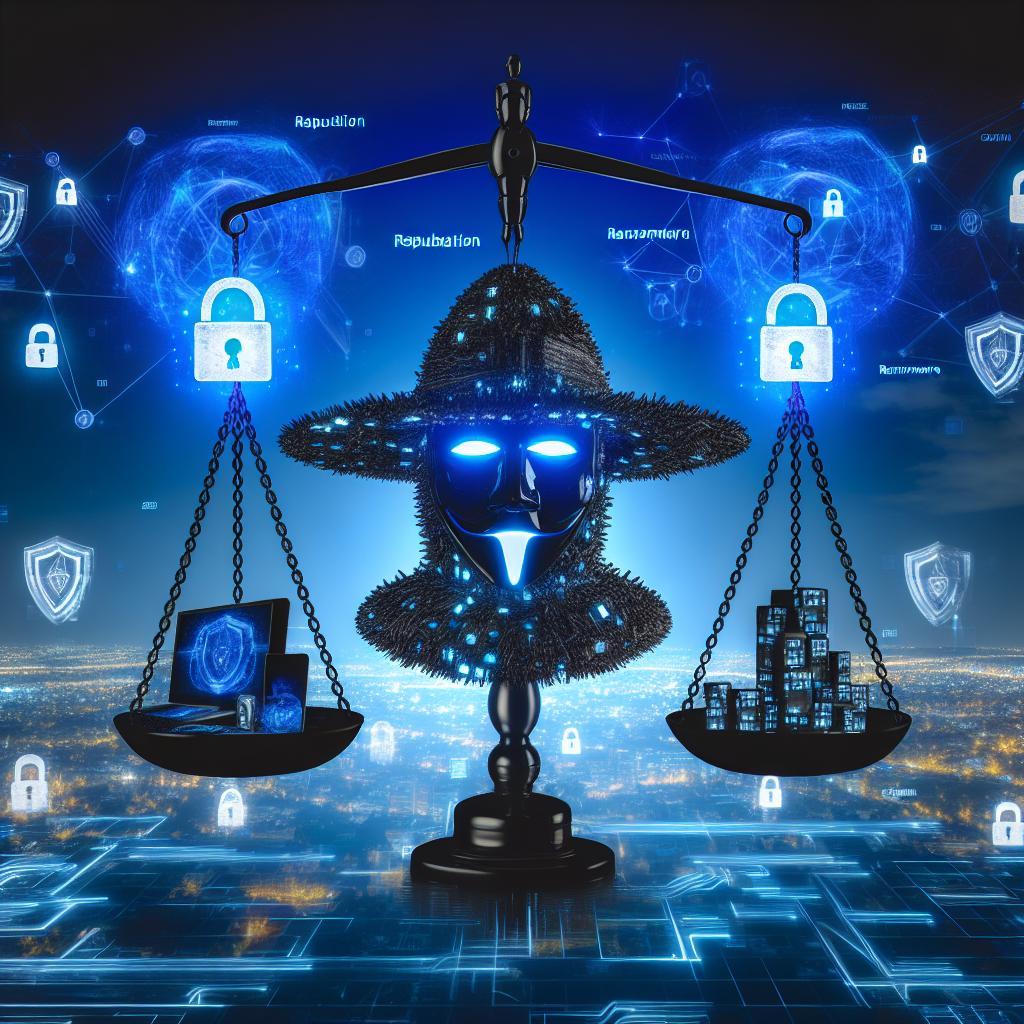In the fast-paced world of cybersecurity, finding a balance between work and life can often feel like an impossible task.However, the key to achieving harmony lies in the unwavering support of company executives. By recognizing the importance of work-life balance and implementing policies that prioritize the well-being of their employees, executives can pave the way for a healthier, more productive cybersecurity workforce. Let’s delve into why executive support is crucial in fostering a sustainable work-life balance in the cybersecurity industry.
Heading 1: The Role of Executive Support in Fostering Work-Life Balance
In the fast-paced world of cybersecurity, maintaining a healthy work-life balance is crucial for the well-being and productivity of employees. However, achieving this balance can be challenging without the unwavering support of executives within an association. Executive support plays a vital role in fostering a culture that prioritizes work-life balance, ultimately leading to a more engaged and motivated workforce. When executives demonstrate their commitment to work-life balance, employees are more likely to feel supported in achieving harmony between their professional responsibilities and personal lives. By setting a positive example and implementing policies that promote work-life balance, executives can create a work environment that values the well-being of its employees above all else.
Heading 2: Strategies for Executives to Promote Work-Life Balance in Cybersecurity
When it comes to promoting work-life balance in cybersecurity, executives play a crucial role in setting the tone for the entire organization. By prioritizing the well-being of their employees, executives can create a culture that values work-life balance and ultimately leads to increased productivity and job satisfaction. Executives can promote work-life balance by implementing the following strategies:
- Lead by example: Executives should prioritize their own work-life balance to set a positive example for their team.
- Encourage boundaries: Encourage employees to set boundaries between work and personal life, such as avoiding checking emails after work hours.
- Provide flexibility: Offer flexible work arrangements, such as remote work options or flexible hours, to help employees achieve a better work-life balance.
- Support mental health: Provide resources and support for mental health and wellness, such as Employee Assistance Programs or access to counseling services.
The conclusion
achieving work-life balance in the field of cybersecurity requires strong executive support and commitment. It is indeed essential for organizations to prioritize the well-being of their employees in order to ensure a healthy and sustainable work environment. by fostering a culture of support and understanding, companies can not only enhance productivity and retention rates, but also contribute to overall job satisfaction and mental well-being. Remember, a balanced life leads to a balanced and triumphant career in cybersecurity.







